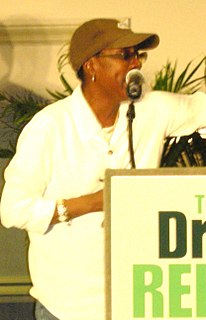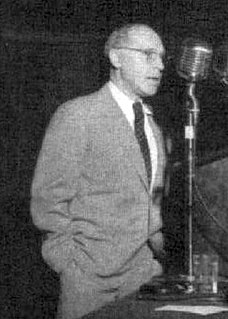A Quote by Stefan Zweig
He was welcome everywhere he went, and was well-aware of his inability to tolerate solitude. He felt no inclination to be alone and avoided it as far as possible; he didn't really want to become any better acquainted with himself. He knew that if he wanted to show his talents to best advantage, he needed to strike sparks off other people to fan the flames of warmth and exuberance in his heart. On his own he was frosty, no use to himself at all, like a match left lying in its box.
Quote Topics
Acquainted
Advantage
Alone
Any
As Far As
Avoided
Aware
Become
Best
Better
Box
Everywhere
Exuberance
Fan
Far
Felt
Flames
Heart
Himself
His
Inability
Inclination
Knew
Left
Like
Lying
Match
Needed
Off
Other
Own
People
Possible
Really
Show
Solitude
Sparks
Strike
Talents
Tolerate
Use
Want
Wanted
Warmth
Welcome
Well
Related Quotes
At that instant he knew that all his doubts, even the impossibility of believing with his reason, of which he was aware in himself, did not in the least hinder his turning to God. All of that now floated out of his soul like dust. To whom was he to turn if not to Him in whose hands he felt himself, his soul, and his love?
Solitude is the profoundest fact of the human condition. Man is the only being who knows he is alone, and the only one who seeks out another. His nature - if that word can be used in reference to man, who has ‘invented’ himself by saying ‘no’ to nature - consists in his longing to realize himself in another. Man is nostalgia and a search for communion. Therefore, when he is aware of himself he is aware of his lack of another, that is, of his solitude.
There is no deception on the part of the woman, where a man bewilders himself: if he deludes his own wits, I can certainly acquit the women. Whatever man allows his mind to dwell upon the imprint his imagination has foolishly taken of women, is fanning the flames within himself -- and, since the woman knows nothing about it, she is not to blame. For if a man incites himself to drown, and will not restrain himself, it is not the water's fault.
Some souls think that the Holy Spirit is very far away, far, far, up above. Actually he is, we might say, the divine Person who is most closely present to the creature. He accompanies him everywhere. He penetrates him with himself. He calls him, he protects him. He makes of him his living temple. He defends him. He helps him. He guards him from all his enemies. He is closer to him than his own soul. All the good a soul accomplishes, it carries out under his inspiration, in his light, by his grace and his help.
There exists an infinite, eternal Being, subsisting of himself, who is one without being alone; for he finds in his own essence relations whence, with the necessary movement of his life, results the absolute plenitude of his perfection and his happiness. A Being unique and complete, God suffices to himself.
As science is more and more subject to grave misuse as well as to use for human benefit it has also become the scientist's responsibility to become aware of the social relations and applications of his subject, and to exert his influence in such a direction as will result in the best applications of the findings in his own and related fields. Thus he must help in educating the public, in the broad sense, and this means first educating himself, not only in science but in regard to the great issues confronting mankind today.







































